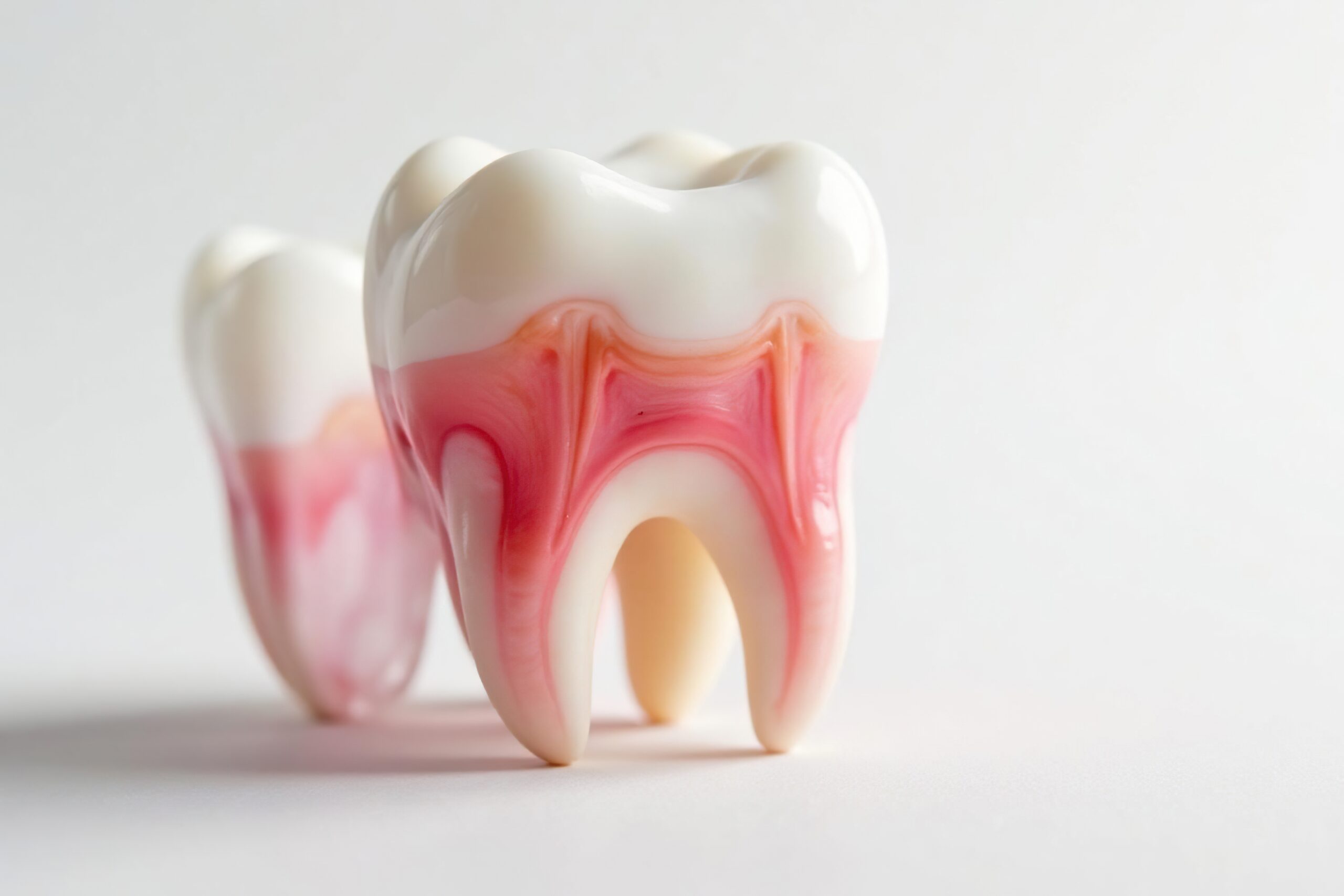The human mouth harbors hundreds of bacterial species that typically exist in a harmless balance. However, dangerous infections can develop with surprising speed when this delicate equilibrium shifts due to poor oral hygiene, trauma, or compromised immunity. Recognizing the early warning signs of oral infections is crucial. These conditions can progress from minor discomfort to life-threatening emergencies if left untreated, particularly when they spread beyond their initial location.
At Legacy Oral Surgery and Implants, our experienced oral surgeons specialize in addressing severe oral infections that require surgical intervention. We’re committed to helping patients understand when watchful waiting is appropriate and when immediate surgical treatment becomes necessary to protect their health.
Common Types of Oral Infections
Oral infections can manifest in various forms, each with distinct characteristics and treatment requirements:
Dental Abscesses
Dental abscesses are painful, pus-filled infections can develop at the tooth’s root (periapical abscess) or in the surrounding gum tissue (periodontal abscess). Though many abscesses respond to antibiotics and root canal therapy, larger infections may require surgical drainage and possibly tooth extraction if the tooth cannot be saved.
Pericoronitis
This painful inflammation commonly occurs around partially erupted wisdom teeth. The flap of gum tissue covering the emerging tooth creates an ideal environment for bacteria to multiply, often leading to infection. While mild cases may respond to improved oral hygiene and antibiotics, recurrent or severe episodes typically necessitate the surgical removal of the wisdom tooth.
Osteomyelitis
Osteomyelitis is a bone infection can develop when bacteria invade the jawbone, often through an untreated dental abscess or after oral surgery. Symptoms include persistent, deep pain, facial swelling, and fever. Surgical intervention is almost always required to remove infected bone tissue and drain any accumulated pus.
Ludwig’s Angina
This rapidly spreading cellulitis affects the floor of the mouth and neck, causing significant swelling that can compromise breathing. Immediate surgical intervention is essential to establish drainage and protect the airway, along with aggressive antibiotic therapy.
Warning Signs That Demand Attention
Recognizing the following symptoms may help identify a developing oral infection before it becomes severe:
- Persistent, throbbing tooth or jaw pain
- Facial swelling, especially if it crosses anatomical boundaries
- Difficulty opening the mouth (trismus)
- Unusual taste or odor in the mouth
- Pus discharge from around a tooth or gum
- Tender, swollen lymph nodes in the neck
- Fever or general malaise
- Difficulty swallowing or breathing
The presence of multiple symptoms, particularly fever combined with facial swelling or breathing difficulties, represents a medical emergency requiring immediate evaluation.
When Does Surgery Become Necessary?
While many minor oral infections respond well to antibiotics and non-surgical management, certain conditions warrant surgical intervention:
- Infections that fail to improve with antibiotic therapy
- Large abscesses requiring drainage
- Infections that spread to facial spaces or deeper tissues
- Presence of necrotic (dead) tissue that must be removed
- Compromised airway or swallowing function
- Infections causing significant bone destruction
- Immunocompromised patients with rapidly advancing infections
Prompt surgical intervention becomes crucial in these complex cases to prevent further complications and protect the patient’s overall health and well-being.
Surgical Treatment Options
When surgery becomes necessary, our oral surgeons may perform one or more of the following procedures:
Incision and Drainage
This common procedure involves making a small incision to release accumulated pus and relieve pressure. A small drain may be placed temporarily to allow continued drainage as healing begins.
Extraction of Infected Teeth
When a tooth cannot be saved due to extensive infection, extraction may be necessary to eliminate the source of infection and allow proper healing.
Debridement of Infected Tissue
This procedure involves removing dead or infected tissue to promote healing and prevent the spread of infection to surrounding areas.
Bone Removal (Sequestrectomy)
In cases of osteomyelitis, infected portions of the jawbone may need to be surgically removed to eliminate the infection and allow for healing.
Recovery After Surgical Treatment
Following surgical treatment for oral infections, patients typically experience:
- Immediate relief from pressure and pain
- Gradual resolution of swelling over several days
- Continued antibiotic therapy to eliminate the remaining infection
- Follow-up appointments to monitor healing
- Possible reconstruction or dental rehabilitation once the infection resolves
Most patients notice significant improvement within 24-48 hours after proper surgical drainage, though complete resolution may take longer depending on the severity and extent of the infection.
Preventing Oral Infections
The best strategy for dealing with oral infections is preventing them from occurring in the first place:
- Maintain excellent oral hygiene with regular brushing and flossing
- Attend regular dental check-ups to catch problems early
- Address dental issues promptly before they worsen
- Follow post-operative instructions carefully after any dental procedure
- Manage underlying conditions like diabetes that may increase infection risk
- Avoid tobacco products, which impair healing and increase infection risk
By proactively implementing these preventive measures, you can significantly reduce your risk of developing serious oral infections and maintain optimal oral health.
Seek Prompt Evaluation at Our Office Today
Early intervention for oral infections can mean the difference between a simple in-office procedure and hospitalization for a life-threatening condition. Never ignore persistent oral pain, swelling, or fever.
With decades of experience treating complex oral infections, our board-certified surgeons at Legacy Oral Surgery and Implants offer expert diagnosis and surgical management of these potentially serious conditions. We prioritize both immediate relief and long-term oral health outcomes for our patients. Contact our office today at (201) 601-9262 for our Union City location or 908-585-4990 for Elizabeth to schedule your consultation through our appointment request form.


